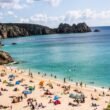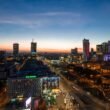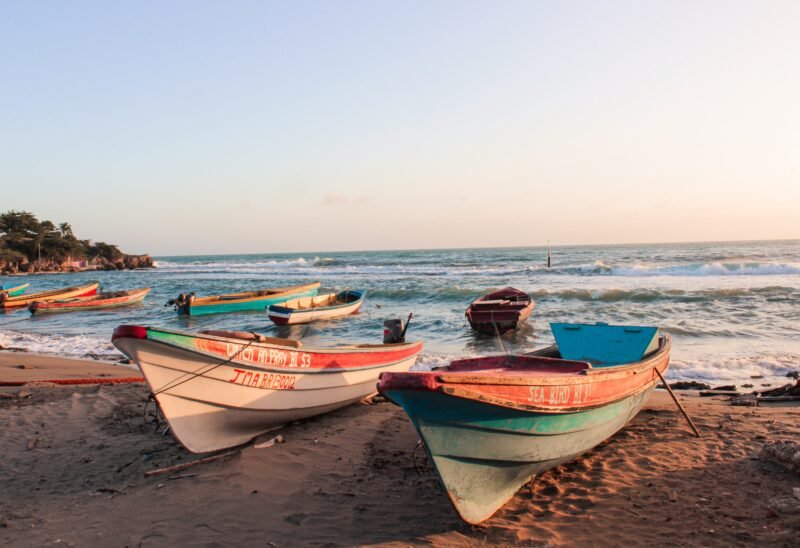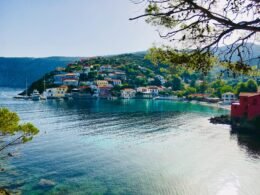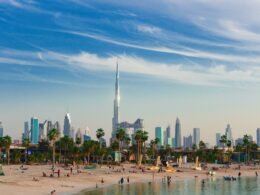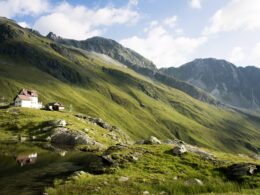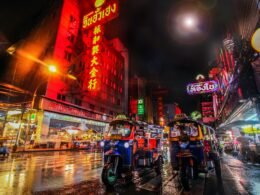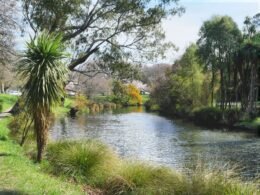This guide will break down the best time to visit Jamaica based on the weather, activities, and cost, to give you a clear idea of how to plan your next Caribbean retreat.
Table of Contents
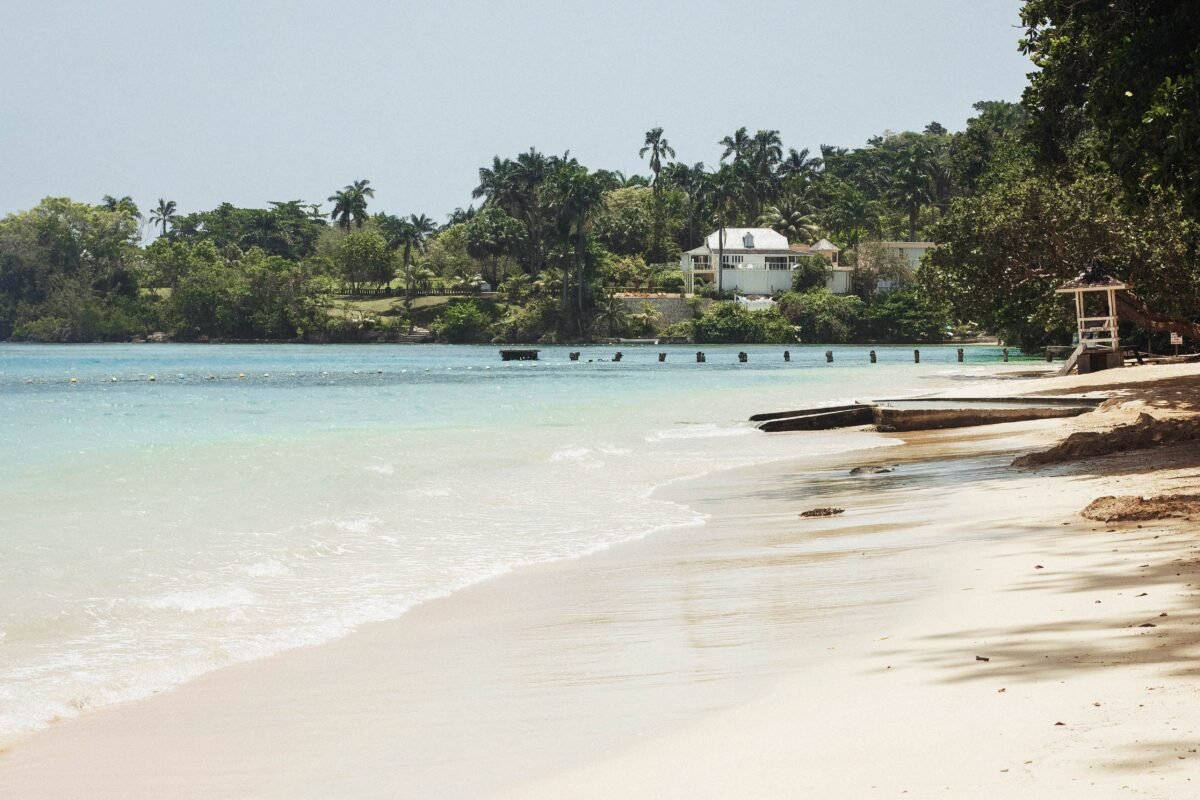
The best time to visit Jamaica for events and activities
December – March is Jamaica’s high season, and also the months when some key events take place across music, culture and arts. The price of accommodation rises in December to meet the demand of the festive season, but also due to events taking place; such as the Reggae Marathon, Rastafari Rootz Fest and LTM National Pantomime.
January is a busy tourist month so beaches become crowded but by February, some of the most important cultural festivals take place: Bob Marley’s birthday, Rainforest Seafood Festival and Merritone Memories. In March, Jamaica is less crowded as the tourism season comes to an end, with events being held such as the Jamaica Blue Mountain Coffee Festival, Jamaica Rum Festival and Kingston City Run.

The best time to visit Jamaica for outdoor exploring
The shoulder season months of April and May see fewer tourists and cheaper hotel prices, as the weather stays mostly dry before the rainy season hits. These months are the time to explore the outdoors and all that Jamaica has to offer across its many nature reserves, and the rugged Blue Mountains.
Easter is a prime time for families to visit and enjoy the outdoors with their children, but those traveling solo or in groups of adults might want to wait until May. The rain levels are still low in May, although short showers can happen, however during this month there are typically lower fates, and quieter attractions and destinations, meaning more time to explore and enjoy the Jamaican laid-back lifestyle.
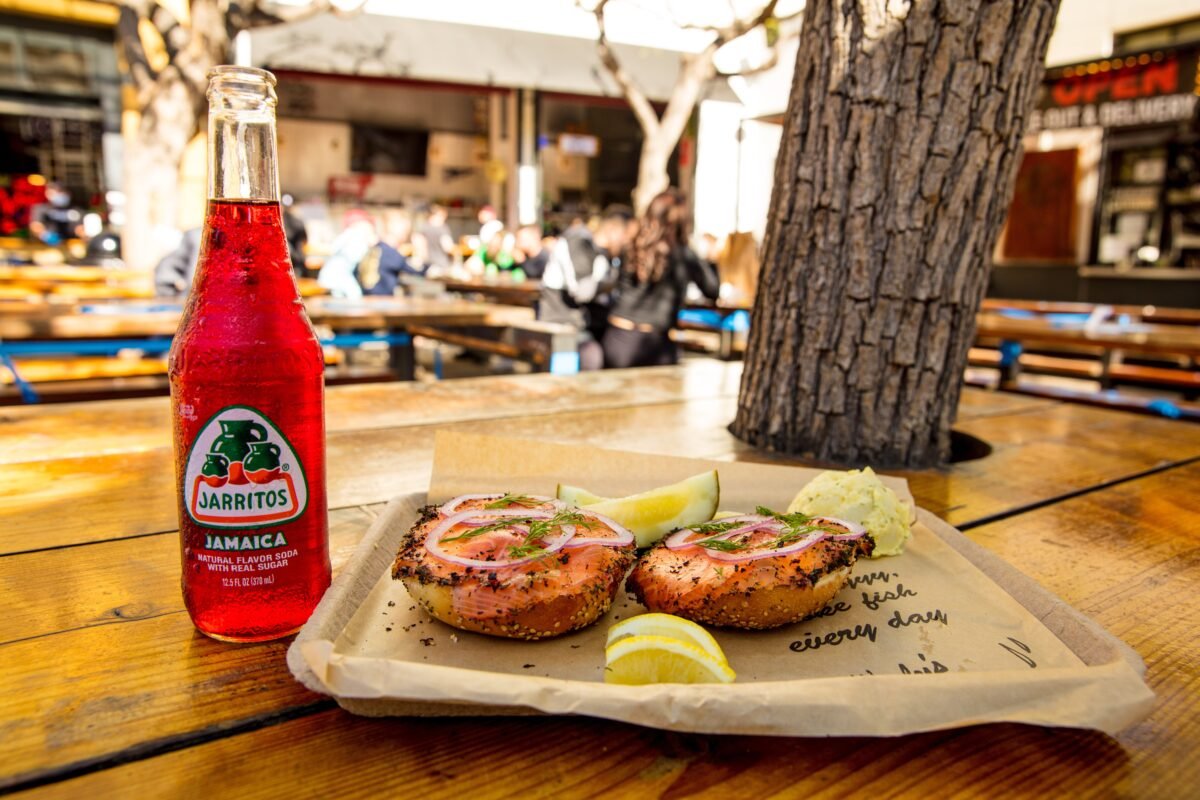
The best time to visit Jamaica for festivals
Many of Jamaica’s festivals take place between June to October, but this also happens to be hurricane season on the island. There’s sporadic heavy rainfall, but Jamaica’s largest music festival – Reggae Sumfest – takes place in July in Montego Bay.
In August, further festivals take place; such as the Montego Bay Jerk Festival, and the Ocho Rios Seafood Festival, which see tourists and islanders all coming together to celebrate. During July and August, resorts tend to be busy due to the school holidays, so private villas become a popular option for some travelers.

When is hurricane season in Jamaica?
Hurricane season runs through the summer months of June to September, with June being the month for the lowest chance of a hurricane hitting the island. The hot climate and rainy season bring tropical storms to the island, so there’s always a chance that these can escalate to a hurricane level but they are still statistically low.
September is the height of the hurricane season so if you’re thinking of risking traveling during these months, September is the one to avoid if you’re extremely worried about a hurricane during your stay.
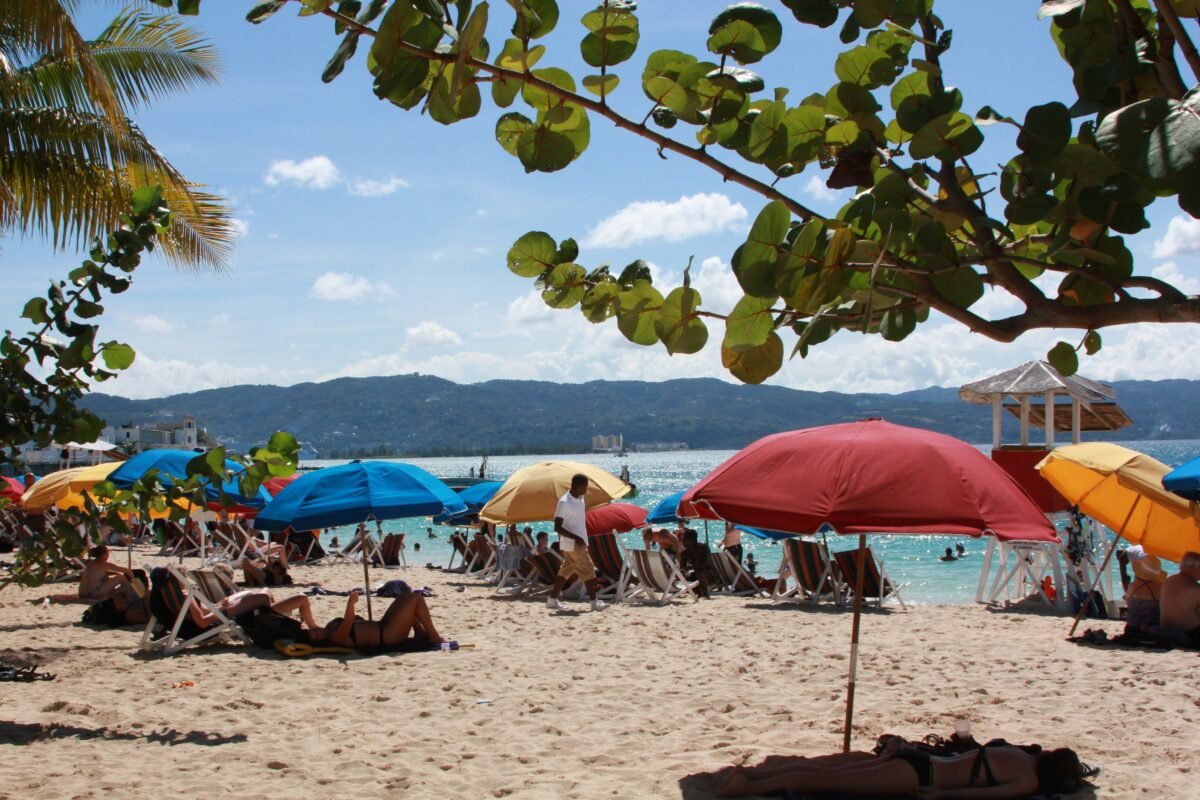
Summary: when’s the best time to visit Jamaica?
The best time to visit Jamaica depends on what the purpose of your trip is, and what type of traveler you are. There’s no ‘bad’ time to visit the island, but each season offers something for each type of traveler.
If you’re looking to sunbathe, July will see some of the hottest days of the year, perfect for beachgoers, or December if you’re looking for some winter sun. Those on a budget will want to visit in September or October, two of the cheapest travel and accommodation months but will have worse weather.
Spring is best for those looking to attend outdoor events or explore the nature of the island and sees a moderate climate as well as travel and accommodation prices.

Things all travelers should consider when visiting Jamaica
Aside from the weather and things to do, there are more considerations all travelers must think about when planning a trip to Jamaica. Whether you’re going solo, in a group, or as a family, there are some cultural and travel safety precautions to be aware of before visiting.
These helpful travel tips will ensure your trip to Jamaica is safe and runs smoothly:
- When walking in secluded areas at night, take caution, especially if you are alone. If possible travel in groups or with people you know. Be aware of your surroundings and safe travel practices.
- Some certain areas outside of the popular tourist hubs can be dangerous, particularly at night. If possible, avoid these areas, but ask hotel or resort staff before leaving about different districts and safety protocols.
- Avoid public buses at night and only take taxis authorised by the Jamaica Union of Travellers Association (JUTA) or the Jamaica Co-operative Automobile and Limousine Tours (JCAL) – taxis associated with these organisations will have one of these two acronyms on their vehicle.
- If you’re staying in an all-inclusive resort, it’s still polite to tip staff, so consider this when booking accommodation and sorting travel money.
- Hotel and resort staff can recommend activities or excursions.
- Roadside jerk shacks are safe, but use common sense to judge. Most of these shacks will have delicious food and genuine Jamaican cuisine for you to sample local delicacies.
- Tap water is considered safe to drink within tourist areas, but for less-populated areas, it’s recommended to only drink bottled water.
- Jamaica is home to a variety of shark species: nurse, tiger, hammerhead, and Caribbean reef. They are considered non-aggressive when unprovoked but proceed with caution and look for signals on beaches.
- Whilst there is no dress code in Jamaica, dress for comfort over style. Days are warm so shorts and a T-shirt can be worn, but evenings get chilly from the sea breeze so bring a light jacket for the evening or if you will be hiking the mountains through altitude changes.



